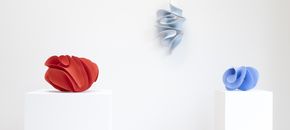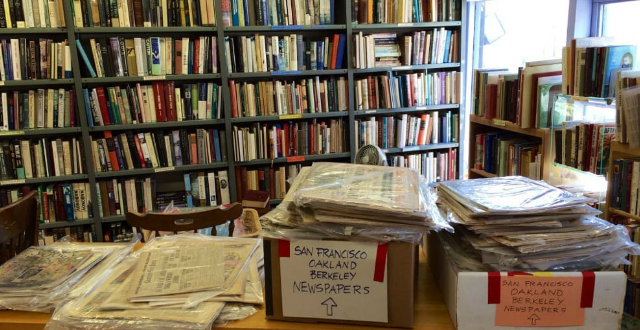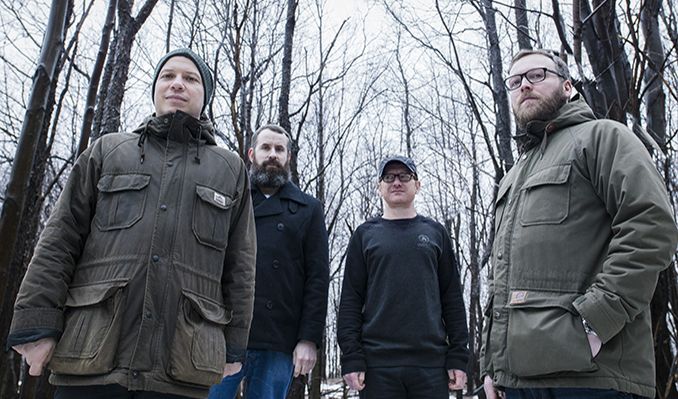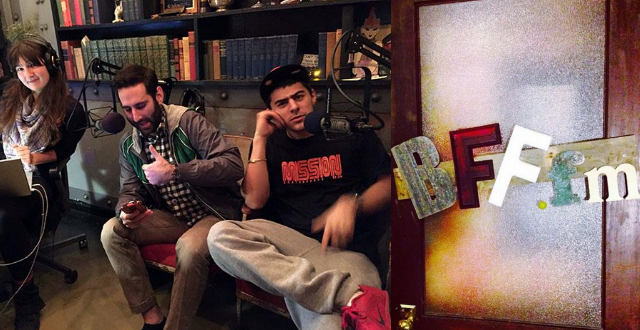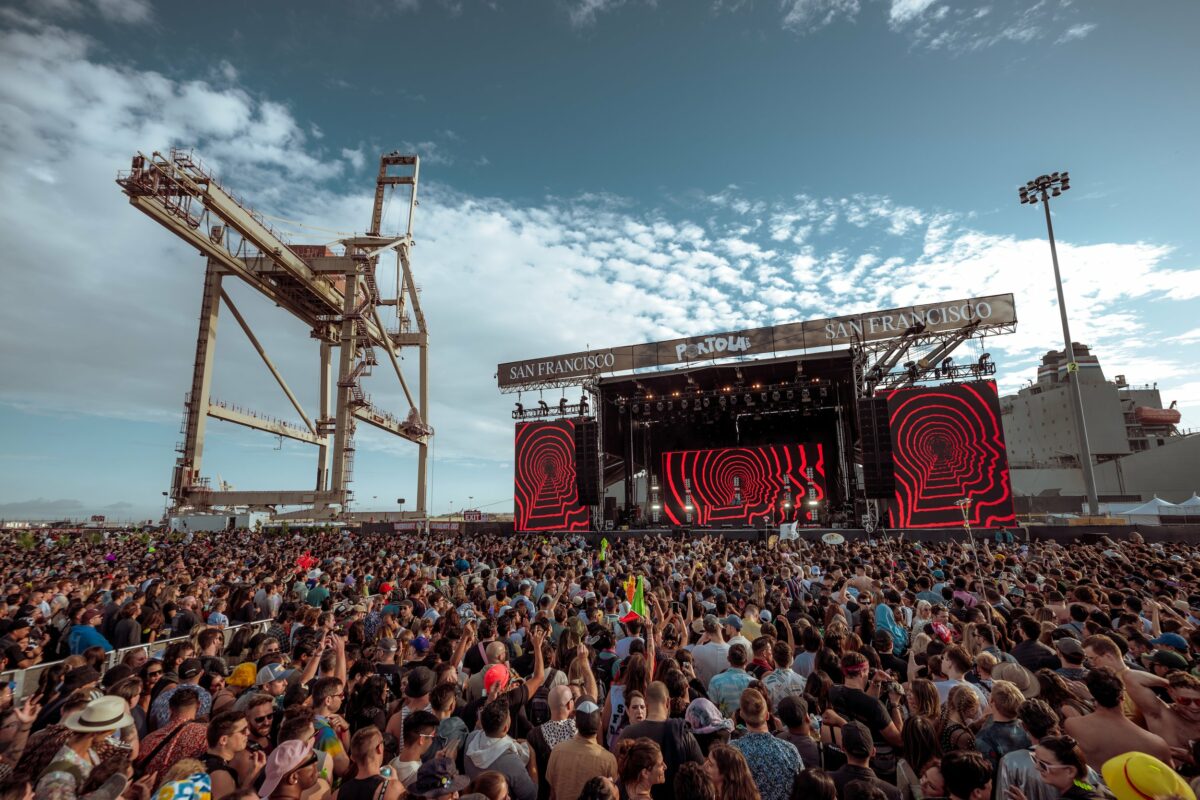Q&A: DJ Quest
One of the original and most skilled turntablist DJs, DJ Quest has been mixing music and wowing crowds for over two decades. He performs April 5 at SOM. for a night of Miami Bass.
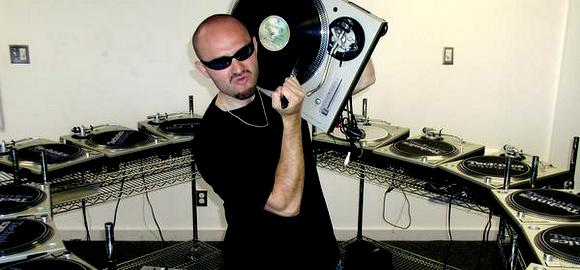 DJ Quest talked to us about growing up in San Francisco, the art of DJing and how work ethic leads to success.
DJ Quest talked to us about growing up in San Francisco, the art of DJing and how work ethic leads to success.
You moved to San Francisco in 1980, how did growing up in the Mission shape your taste in music and what is your connection to Miami Bass?
When I first got here it was more of an East Coast hip hop sound, electro, as well, a lot of rap like Eric B. & Rakim and Afrika Bambaataa.
In the mid 80s freestyle music had kicked off and was big in the Bay Area in general and that sort of music mixed really well with the electro music from the late Planet Rock era. It was sort of natural for us to play the freestyle and electro and then make the connection to what is now Miami Bass music—an electro foundation with more 808s and a lot of scratching.
I was heavily into scratch music so listening to Miami Bass was a real treat. They started putting out albums that were just the Miami Bass music with scratching and no raps, so that was a big influence on my style. The baggy pants and dance craze started taking off and music was changing a bit more into hip hop and MC Hammer bass hip hop culture. Then the Bay Area music started getting big and Miami Bass took a back burner.
When you first started traveling the world spinning breaks and scratching, was it a new experience for audiences?
It’s still a new thing for a lot of people. It was a little over exposed when the documentary Scratch came out and it seemed like people lost interest for a while—not just in DJ communities but also all over TV and commercials.
Now people are understanding it a little more with workshops and education for this type of music. People thought it was just a sound and now they’re starting to realize that there’s an actual science to it.
Are newer and younger musicians getting into scratching more now and continuing the traditions of what you helped start?
Even though the sales of Technics 1200 turntables have diminished quite a bit, there are people who want to do it more than ever before. It’s the accessibility and ability to go online and watch videos or tutorials to learn about it. It’s much easier to learn the steps required to assume this hobby and art form.
The difference between a scratching DJ from when I grew up and now is that newer DJs are typically specific to a certain art form. You have a lot of DJs who don’t own more than a few records but just want to scratch. But you also have DJs who don’t want to even buy turntables and put much into mixing, that’s all they do.
I’m happy I was brought up in a time when DJing was about being well rounded in all areas—mixing and scratching and having an understanding of what it is to collect music while dedicating yourself to it. In general, it seems like there aren’t many of those DJs anymore, and it’s not required. The knowledge of different styles or collections of music as well as dance floor variety isn’t common anymore.
You’ve worked with so many other types of musicians from singers to bands and other DJs, what makes scratching so ideal for collaboration with others?
I think it’s more of the approach that I take on anything that I want to do. As opposed to it just being my musical devotion, I think I go into any job and put 100 percent in and do a good job. It’s all about going in with a good attitude and making something work that’s not there. I put a lot of work in on little things that can compliment the set.
From time to time you get some intelligent people in the audience who really appreciate what you’re doing. Preparation is key as well as a good attitude. The beauty of turntables is that it can be any type of music. I don’t know what kind of music I’m going to play—it’s not a genre, it’s me.
Miami Bass ft. DJ Quest, Billy Jam, Marc Stretch and Stef is Thursday, April 5 at Som. More info.

